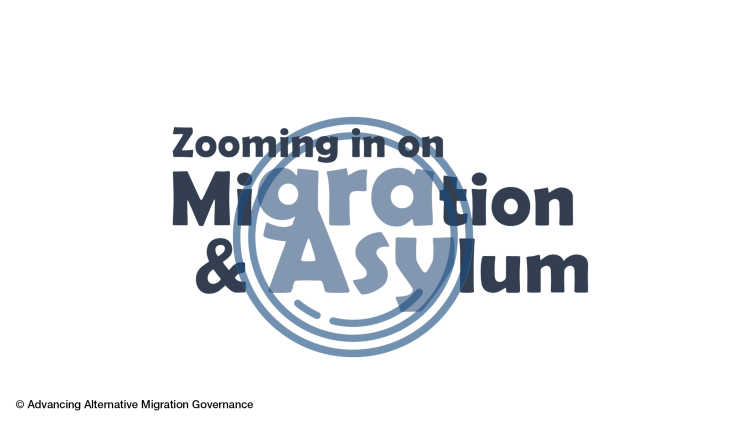- Startseite
- Forschung & Transfer
- Forschungsprojekte
- Migration Governance and Asylum Crises, Work Package "Comparing Crises"
Migration Governance and Asylum Crises, Work Package "Comparing Crises" (MAGYC)
This project explores how European migration policies are influenced by political crises triggered by (forced) migration. At a time when such policies are heavily contested across European member-states, and when asylum seems more threatened than ever, this project is critically important to improve our understanding of how migration policies are formulated and shaped by a context of crisis. The project gathers 13 partners from diverse European countries, as well as from Lebanon and Turkey, and GIGA leads the Work Package “Comparing Crises”.
EC, Horizon 2020, 2018-2023
Team
Kooperationspartner
Leitung
Forschungsfragen
1) What is a "migration crisis" in our research regions?, and
2) How do efforts to control and regulate movement figure in negotiations between state and non-state actors?
We argue that forced migration governance functions as a regime strategy of states at different levels of political stability with institutional and bureaucratic specificities limiting a state’s scope to act; is negotiated around humanitarian principles in which international actors and civil society play a crucial role; is driven by the size and perceived proximity of forced migrant groups in terms of race, gender, ethnicity, class, and religious belonging; and is characterised by strong path-dependency.
Beitrag zu internationaler Forschung
"Comparing Crises" aims to look into processes in the Middle East, North Africa and the Horn of Africa and the position of forced migration governance within their polities and politics, thus adding a less Eurocentric perspective to international research. Its overall objective is to provide a cross-regional, potentially global framework which enables a comparative assessment and explains variation in forced migration governance across regions, space, and time.
Forschungsdesign und Methoden
Our work follows a process-oriented approach which focuses on different scales (local, national, inter-/transnational) and which takes forced migrants’ perspectives as a starting point. We build our empirical base by conducting field work in Lebanon, Jordan, Tunisia, Morocco, Niger and Ethiopia/the Ethiopian diaspora, where we conduct interviews both with refugees and migrants as well as with political decision-makers and civil society actors. This is complemented by archival research and the study of secondary literature. The fieldwork has been completely reconfigured due to the SARS-CoV-2 pandemic.
Vorläufige Ergebnisse
The project team has also developed an analytical framework to better understand forced migration governance across space and time from a more global, pluralist perspective in a logic of iterative theory-building. The framework develops six drivers of forced migration governance which can serve as a framework of analysis for concrete cases, such as Turkish governance of Syrian forced migration, or the governance of Venezuelan forced migration in different neighbouring states. Different methodologies can be applied to test our hypotheses, and applying a historical lens to cases will enrich the analysis. The project will apply the framework to six different papers, including one on how war states govern their own displaced populations.













